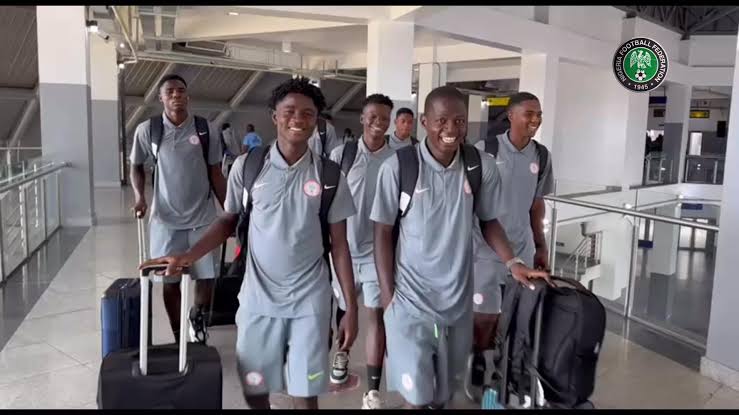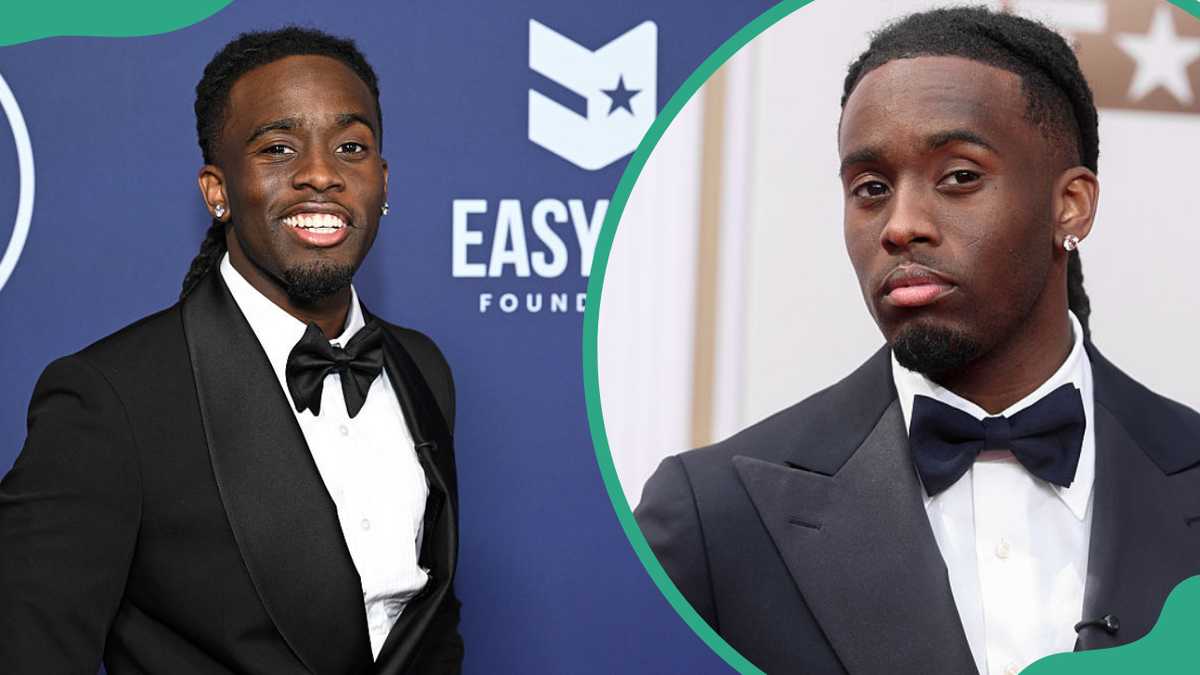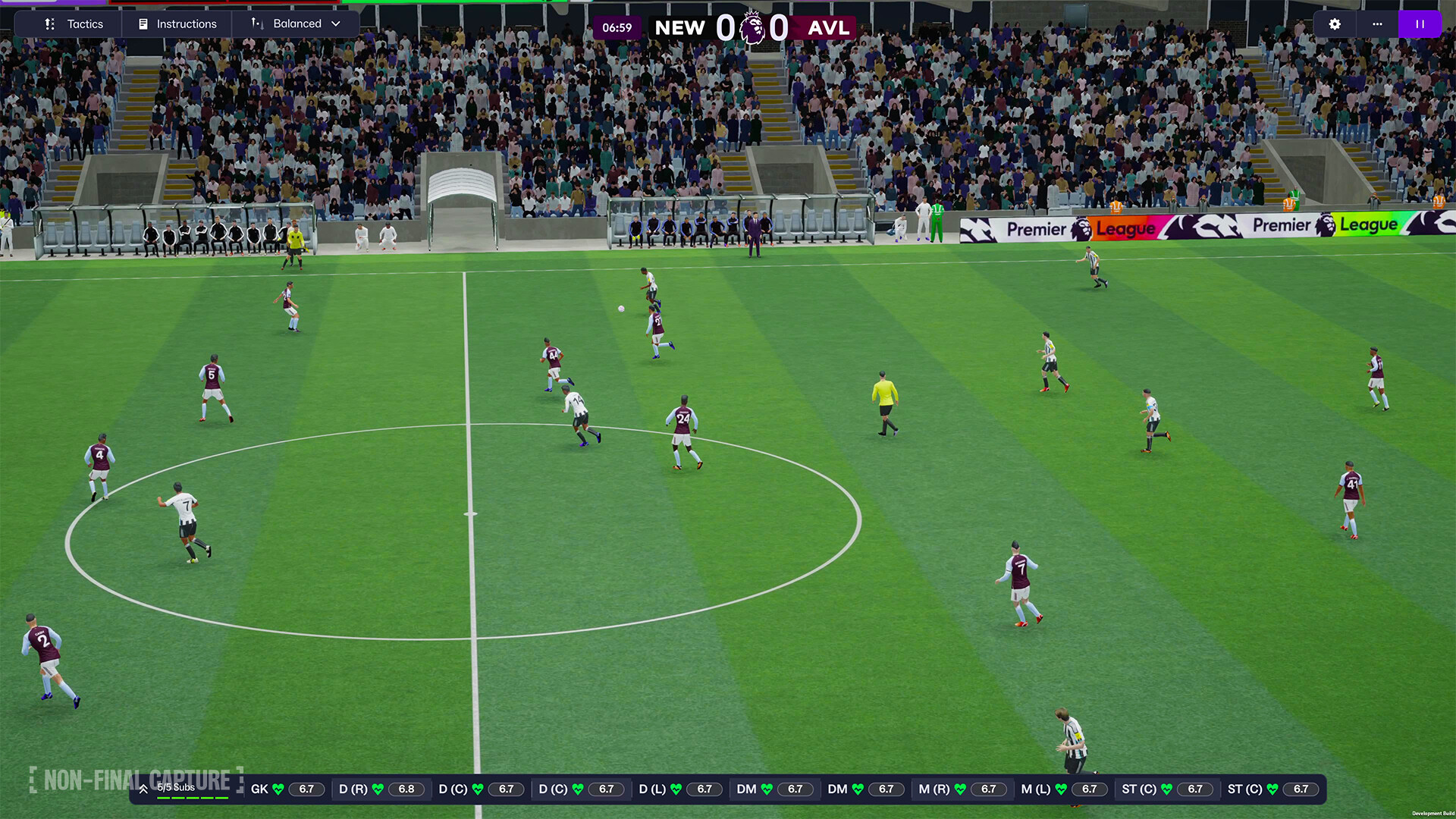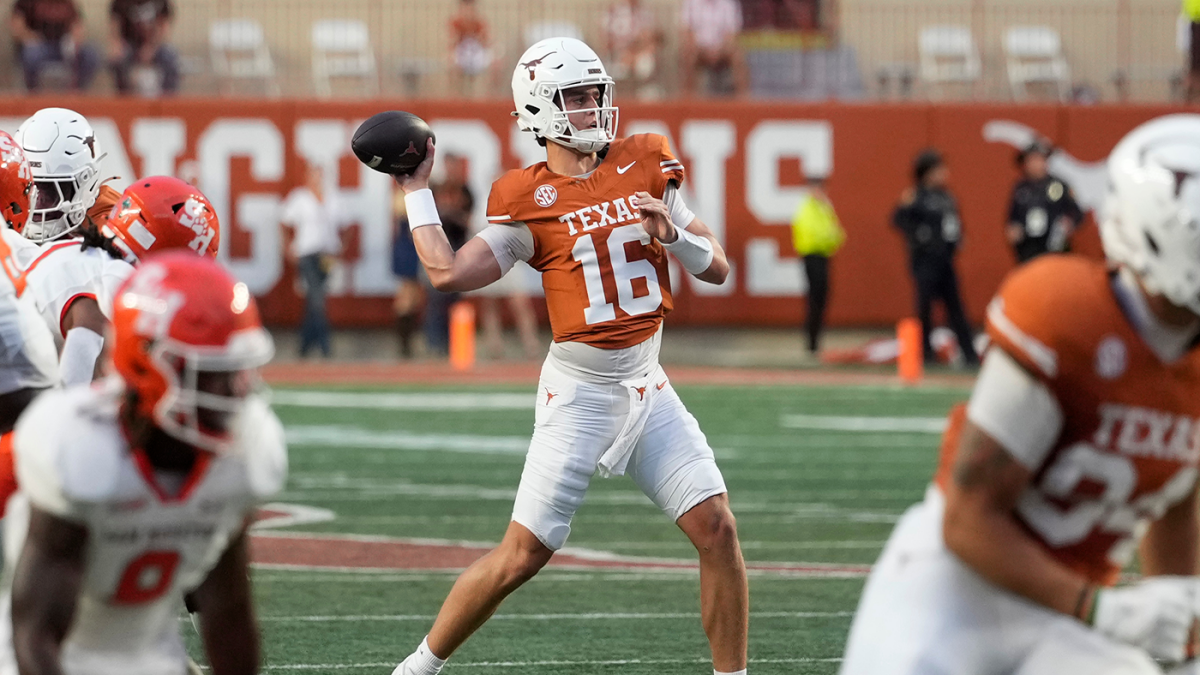By Chibuike Chukwu
Copyright independent

After finding out that there was a huge vacuum for talents, apart from football academies, the world football governing body (FIFA), mulled the introduction of the age group football tournament to serve as a discovery ground for future senior senior national team stars.That novel idea gave birth to the inaugural edition of the FIFA U20 World Cup which was hosted by Tunisia in 1977. Since that very maiden edition, the competition has continued every two years with remarkable success and the effect spiraled, leading to further engagement in this regard as the global football body took the initiative further by introducing the U17 World Cup.However, the U20 World Cup has remained the major flagship age grade competition which has produced very many global stars of yesteryears and even today.For example Long before Messi’s rise, another Argentine prodigy made headlines at the 1979 FIFA U-20 World Cup in Japan: Diego Maradona. After barely missing out on being a part of Argentina’s team for the 1978 World Cup, Maradona was set on showing everybody what they had missed.His performances caught the attention of football fans all over the world, as Argentina won the first of its record six titles as U-20 World Cup champions.Also, Ronaldinho (Ronaldo de Assis Moreira) was relatively unknown until he participated at the U20 World Cup in Nigeria in 1999. Although Brazil didn’t win the title as Spain defeated Japan in the final at the National Stadium in Lagos, a star was born in Ronaldinho who went ahead to conquer the game and even won the Ballon d’Or.Arguably the greatest player of all time, Lionel Messi, burst on the scene during the 2005 FIFA Under 20 World Cup in the Netherlands. He was a bit of an unknown for Albiceleste fans, as he had moved to Barcelona aged 13 without ever playing in the top division of Argentina’s football league. However, Messi’s mesmerizing dribbling skills, exceptional vision, and natural talent quickly left spectators in awe.At only 18, he led Argentina to the championship, finishing as the tournament’s top scorer and winning the Golden Ball award. That tournament saw also the rise of John Mikel Obi, who later captained the Super Eagles. Messi’s heroics laid the foundation for an illustrious career, filled with numerous individual accolades and unprecedented and bursting trophy cabinets.Sergio Aguero is also another top star that emerged from the U20 World Cup. The forward was the mate of Messi in the same U20 tournament and displayed his exceptional speed, lethal finishing touch, and impeccable technique throughout the tournament, which Argentina won. Despite that he was overshadowed by the former Barcelona star, Aguero’s talent and what he would later offer the game never went unnoticed at that U20 championship.There is also Paul Pogba, who was discovered at the 2013 U20 World Cup in Turkey. With his physicality, elegance, and ability to dictate play, Pogba guided France to victory, winning the Golden Ball given to the tournament’s best player.In 2019, another star, Erliing Haaland, was further polished after featuring in that year’s FIFA U20 World Cup in PolandA Molde FK player in the Norwegian league at the time, he destroyed the competition, scoring an impressive nine goals in a single game in Norway’s 12-0 thrashing of Honduras. That earned him the Golden Boot award with the third-highest goal tally ever, behind only Javier Saviola’s twelve goals in 2001 and Adaílton’s ten in 1997.From Nigeria, perhaps the greatest players from the U20 World Cup remained Joseph Yobo and Julius Aghahowa. The former Super Eagles players were among the stars that represented the country at Nigeria ’99 and their subsequent exploits with the national team, as well as others like Mutiu Adepoju, who also played for the Flying Eagles, attested to the essence of the age grade competition. Perhaps the aforementioned players would have had their innate talents suppressed or undiscovered if they did not get the chance to showcase at the cadet World Cup.Regrettably, in recent time, Nigeria has not been able to leverage age group competitions to shore up the Super Eagles,with the former African champions dominated by already-made foreign players of Nigerian origin, a development analysts have said has led to complete erosion of the national team’s traditional football culture with little or no achievements from the former African champions. Super Eagles have failed to assert themselves in major competitions and their playing pattern is bereft of the core Africa flair replete with physicality and precision.Sadly, both the Golden Eaglets and the Flying Eagles — the two general purpose vehicles for throwing up future stars for the national team — have failed to live above board as the two teams have found it difficult to qualified for their respective championships lately.Meanwhile, on Saturday, global attention shifted to Chile as the 24th edition of the FIFA U20 World Cup started in the South American country, as Japan played Egypt while South Korea entertained Ukraine in the two first matches. Nigeria will be on duty on Monday. The Flying Eagles arrived at this year’s FIFA U-20 World Cup with pedigree, purpose and a familiar target: go further than anyone expects.The Flying Eagles have pedigree in this tournament and whether it has translated to superior Super Eagles leaves to be debated.Bronze medallists at the TotalEneegies U-20 AFCON in Egypt earlier this year, the Flying Eagles will play for a record 14th appearance by an African nation at the ongoing tournament.Drawn in Group F with Colombia, Norway and Saudi Arabia, they open against the Saudis on Monday before a European double that will test credentials early.History favours Nigeria at this early stage —two-time runners-up in 1989 and 2005, and quarter-finalists as recently as 2023 — and the current class of 2025 believes it can push into the latter rounds again, with eyes set on the top spot.However, beyond the huge aspiration lays the pertinent question on whether the current squad could enrich the Super Eagles; whether the current squad could throw up stars that would later make headlines in the former African champions. Unfortunately, greater number of the current players aren’t products of either academies of school sport and according to a member of the Super Eagles golden generation who preferred anonymity, while in a chat, the problem of age grade teams in Nigeria started the moment the country overlooked school sports.“We have to go back to school sports, otherwise we will continue to struggle to regain past glory in both Under 17 and Under 20,” he was quoted as saying. Perhaps, because of absence of breeding grounds for talents, the present Flying Eagles in Chile are dominated by players already lacing their boots abroad.However, commentators are still hopeful that the ongoing cadet World Cup would emerge future stars from the Flying Eagles as some of the players are rated highly.For instance, Suleiman Sani plays for AS Trenčín, Slovakia. He is ranked among the best teenage prospects in world football, mentioned in the same breath as Barcelona’s Lamine Yamal and Pau Cubarsí, by his club. Blessed with ambidexterity, lightning pace, and fearless creativity, the forward is widely seen as Nigeria’s top talent in Chile; a player capable of turning tight games into moments of magic. It is hoped that he could go beyond the U20 World Cup.There is also Orseer Achihi of Royal Antwerp, Belgium. Signed in the summer by Belgian champions Antwerp, Achihi has been tipped for a first-team breakthrough in Europe this season. With pace, strength, and direct dribbling, he adds a much-needed cutting edge to an attack that faltered at the last AFCON. The Flying Eagles will rely heavily on his ability to unsettle defences and create scoring opportunities.Ebenezer Harcourt of Sporting Lagos in Nigeria is already a household name among Nigerian football enthusiasts. Harcourt had senior experience with the CHAN Eagles, featuring against Congo in the last group stage match. His maturity and confidence set him apart, and in a youthful side searching for leadership, Harcourt’s presence could be decisive and he is expected to be a huge star for the Super Eagles.Ocheche Amos Onyejefu plays for Stade de Reims in France. The midfielder impressed the coaching crew during the Abuja camp, quickly establishing himself as a key figure. Technically sound and tactically disciplined, Onyejefu represents the balance between artistry and graft in midfield. Chile offers him the perfect stage to announce himself to both Nigeria and the wider football world.There is also Daniel Daga who recently joined Molde, Norway, from Enyimba. Daga is one of the most experienced players in the squad. His progression from Enyimba to Molde has sharpened his tactical intelligence and big-game mentality. Having already been tipped as a “future Super Eagles anchor,” the defensive midfielder will be central to Nigeria’s hopes in Chile.Kparobo Daniel plays for Lillestrøm, Norway and he is one of the most lethal young forwards in Europe. The ex-Beyond Limits FA youngster, known for his ability to glide past defenders, brings ruthless finishing, clever movement, and composure in front of goal. For Nigeria, he is the classic No. 9 they have often missed at youth tournaments. His European seasoning could make him one of the tournament’s breakout stars.Finally is Akinyele Ahmed Olamide of Remo Stars. The reigning Nigerian champion is a powerful and composed defender. Ahmed has grown into one of Remo Stars’ most reliable young prospects, blending grit with tactical awareness. His leadership at the back and ability to read the game make him a potential breakout star for Nigeria at the U20 World Cup.However, Nigerians await their emergence for the Super Eagles as some of the present national team stars are ageing and due for replacement. Whether the Flying Eagles stars will eventually fill the gap remains to be seen.



